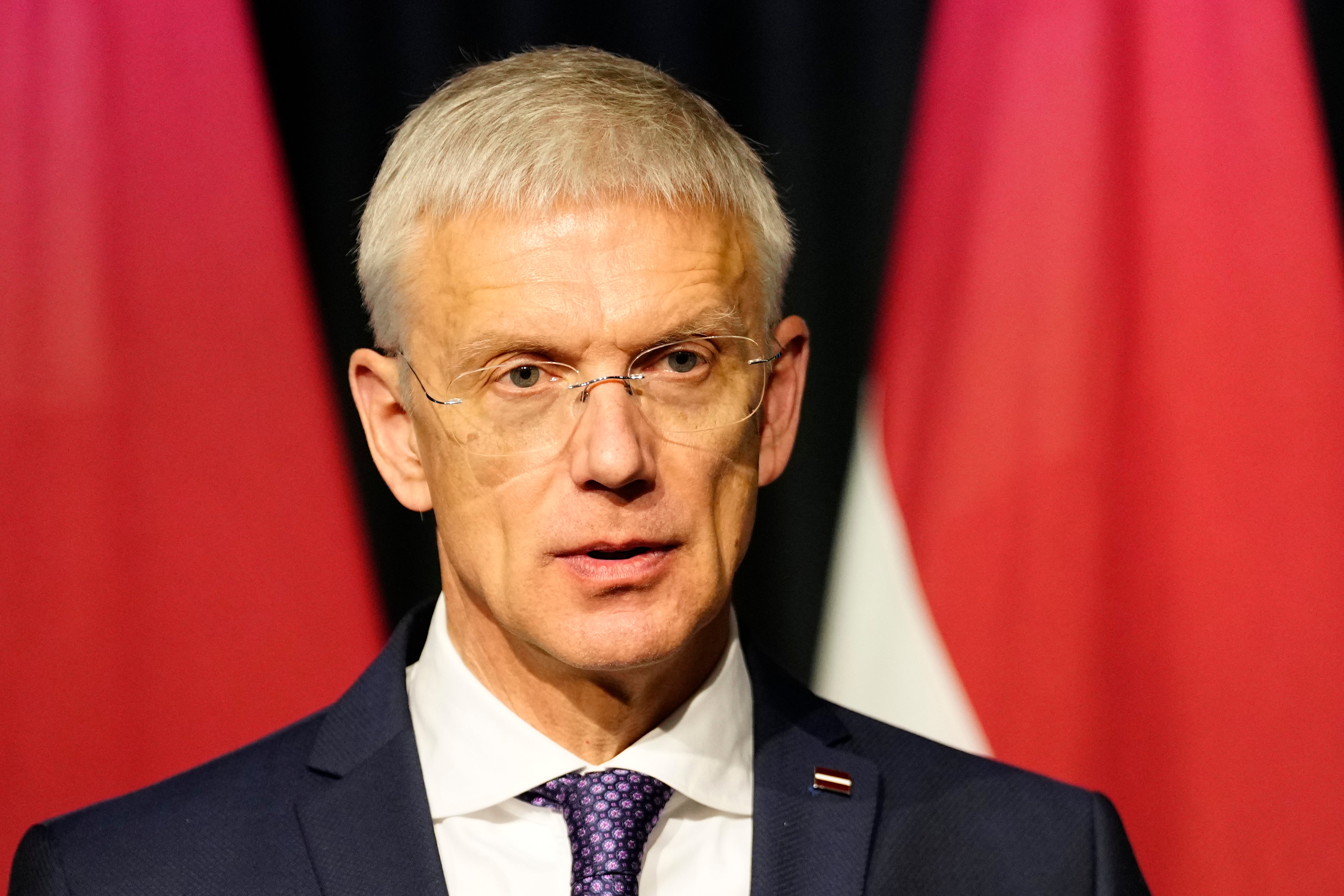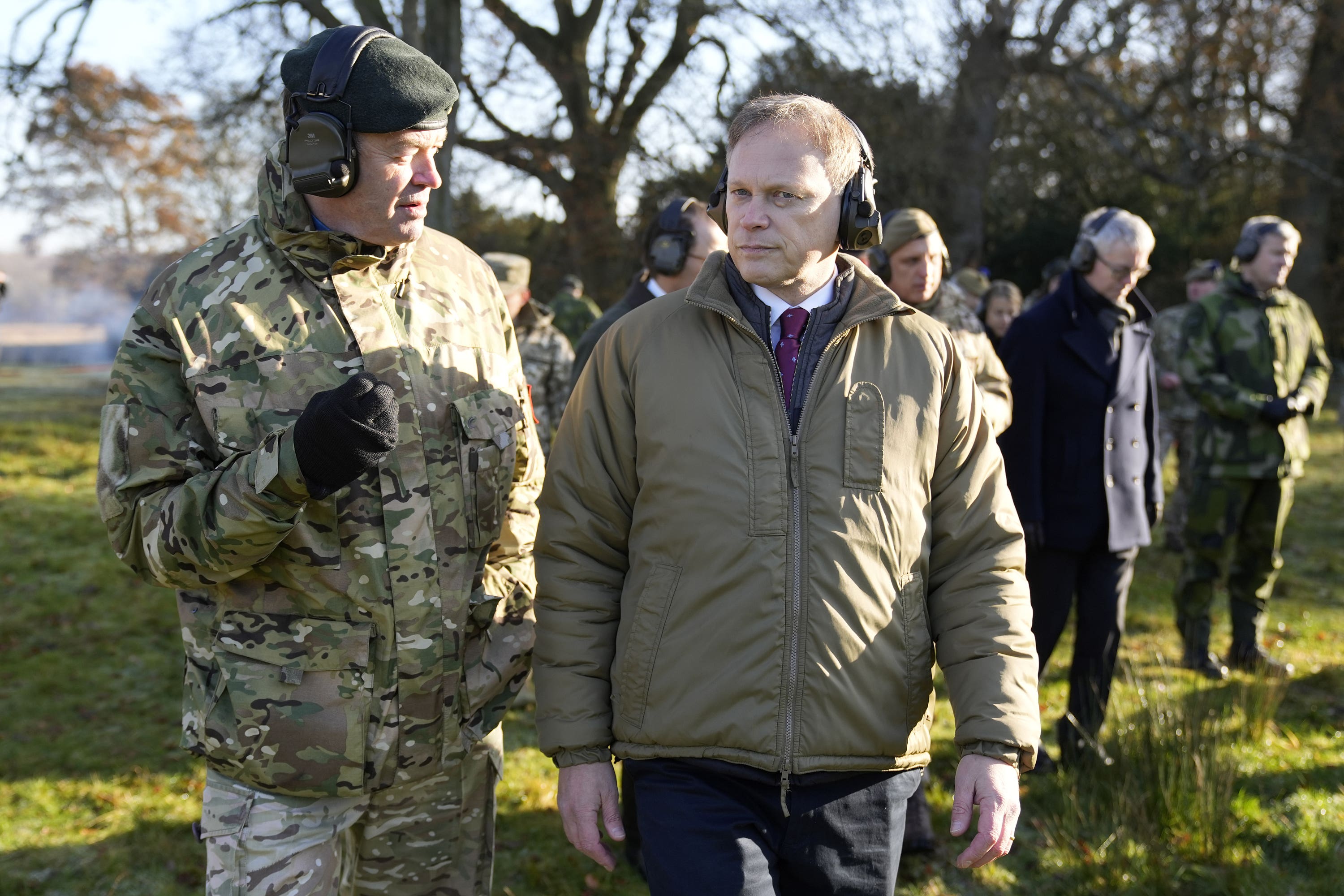Britain should consider conscription to deter Vladimir Putin, says Nato ally
Latvian foreign minister Krisjanis Karins ‘strongly recommended’ conscription based on model

The British Army should consider conscription to deter Vladimir Putin’s aggression in Europe, Latvia’s foreign minister has suggested.
Krisjanis Karins claimed the only way to defend against Russia was to consider a “total defence” model which would involve conscripting citizens to fight on the front lines at short notice.
It comes after General Sir Patrick Sanders, head of the British Army, claimed the UK needed a citizen army to fight a future war against Russia.
“We would strongly recommend conscription,” Mr Karins told The Sunday Telegraph. “We are developing and fleshing out a system of what we call a total defence involving all parts of civil society.”
The minister also said Britain, along with other Nato allies, would have to increase its defence spending in the coming years to protect itself.

Mr Karins added it was “inevitable” for Britain to increase its defence spending to 3 per cent of gross domestic product (GDP), a measure of the size of the economy.
Defence secretary Grant Shapps has called for that increase, but Mr Sunak has said he wants to raise defence spending to 2.5 per cent of GDP when economic circumstances allow.
Mr Shapps has also warned Britain was moving from “post-war to pre-war world”. Despite that, the government has no plans to increase the size of the army from its current level of about 74,000 full-time troops, down from 102,000 in 2006.
In January, armed forces minister James Heappey said any talk of the UK introducing conscription to the Army if Nato goes to war with Russia was “nonsense”.
No 10 also ruled out any suggestion that conscription was under consideration, saying there were “no plans” to change the British military’s “proud tradition of being a voluntary force”.
The British Army conscripted soldiers during the First World War, and again during and after the Second World War, but it has been an all-volunteer force for most of its 364-year history.
Join our commenting forum
Join thought-provoking conversations, follow other Independent readers and see their replies
Comments
Bookmark popover
Removed from bookmarks